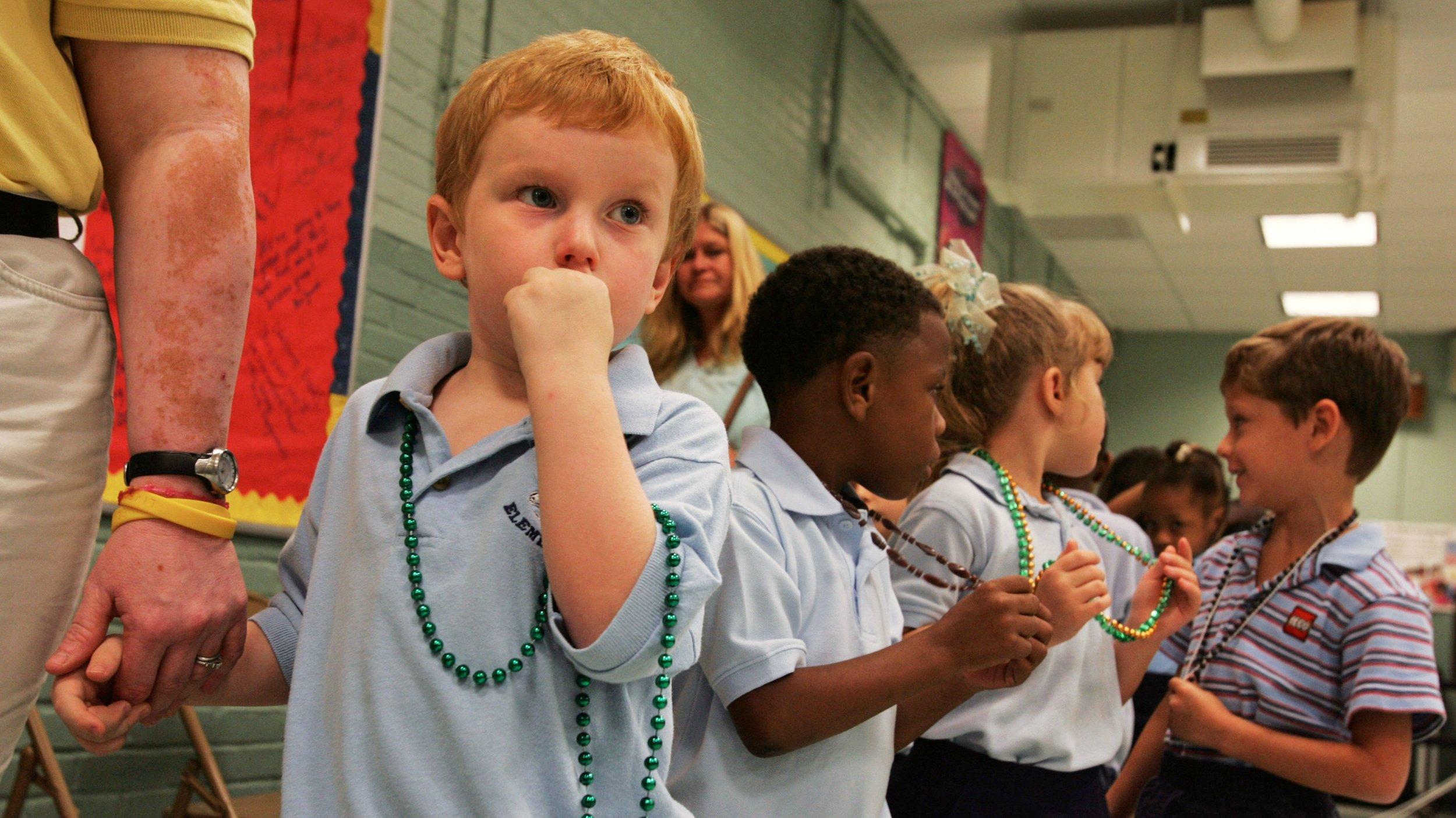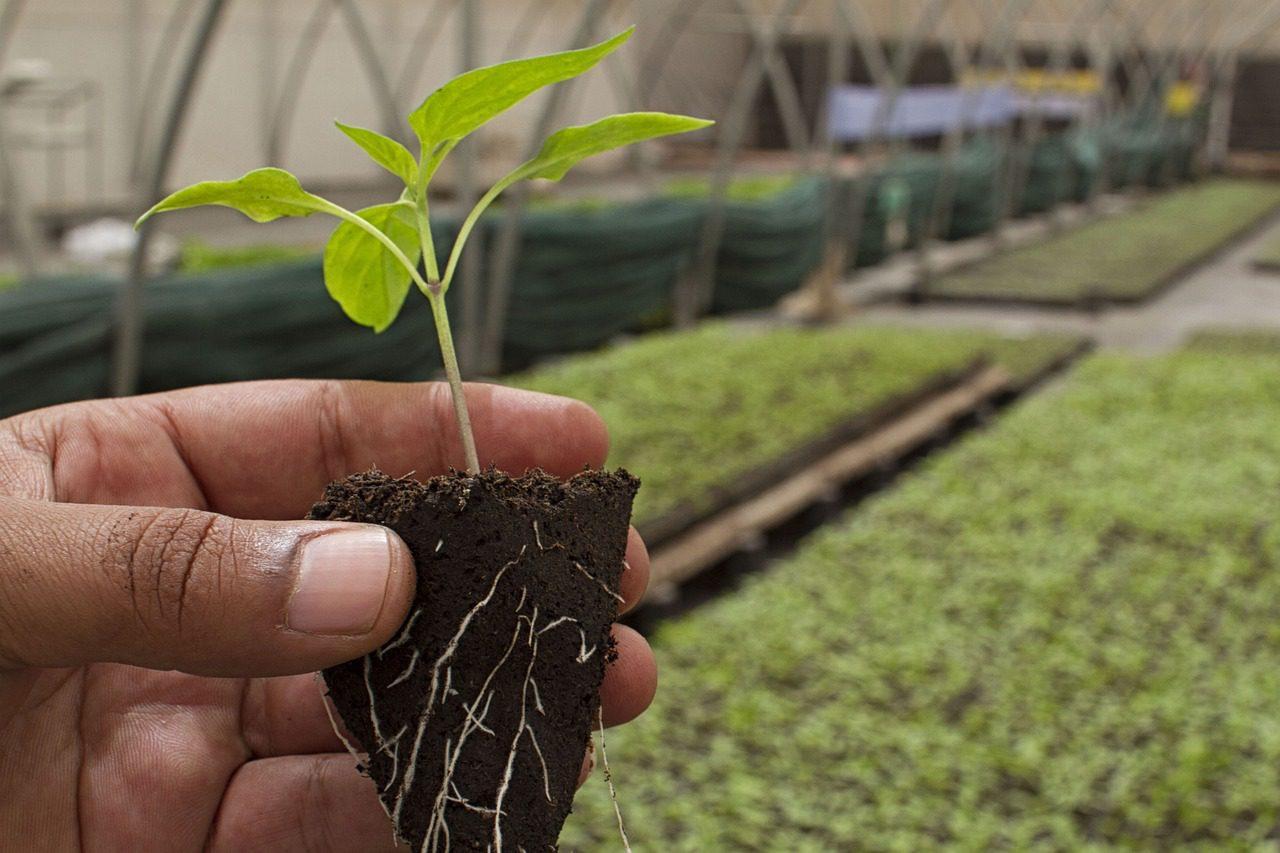Preschool should be a world of naps, first friendships, and macaroni crafts. Yet, even at this early age, preschool children are subject to racial bias from their teachers.
A Yale University Child Study Center has found evidence of implicit bias among preschool teachers, which helps explain why young black students are expelled or suspended from school far more often than white students. The study also showed that black teachers recommended longer suspensions regardless of the child’s race or gender.
In the research, 132 teachers were asked to watch video clips of preschool children and to note instances of challenging behavior. The videos were filmed using actors and didn’t include any signs of trouble. Eye tracking software showed that the teachers spent more time looking at black children than white children. In particular, they spent considerably more time watching black boys.
The study suggests that preschool teachers expect trouble from certain students based on their race and gender, and need training to rectify these assumptions, the study author and Yale child psychology professor Walter Gilliam told the Washington Post.
“Implicit biases do not begin with black men and police. They begin with black preschoolers and their teachers, if not earlier,” he said. “Implicit bias is like the wind: You can’t see it, but you can sure see its effects.”
The study also found that white and black teachers evaluated a child’s behavior differently depending on their race. When asked to read about an instance of misbehavior from a child with a stereotypically black name (such as DeShawn and Latoya), white teachers were less likely to say that the child’s misbehavior had been severe. The authors believe this is because white teachers hold black preschoolers to a lower standard; they expect misbehavior from black children and so acting out “may not seem very severe at all for a black child,” they write.
Meanwhile, when teachers were given background information about difficulties in the misbehaving child’s home, they were found to be more empathetic only if they were the same race as the child.
It’s unlikely that preschool teachers are intentionally prejudiced against certain students. With black preschoolers 3.6 times more likelyto be suspended than white children, it seems implicit bias is shaping teachers’ attitudes towards young children.





